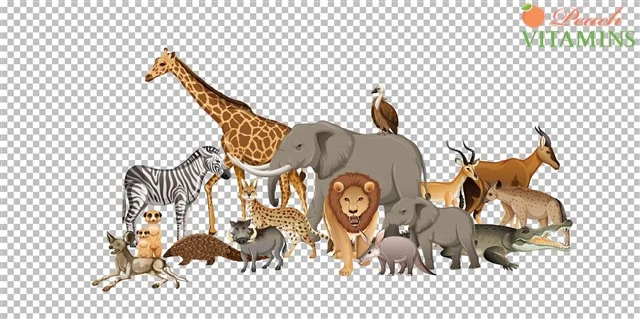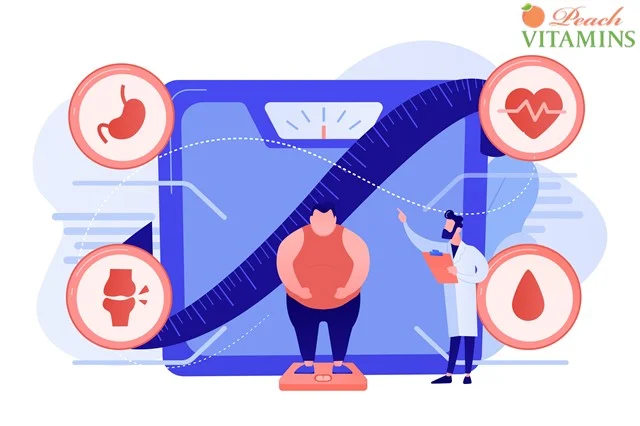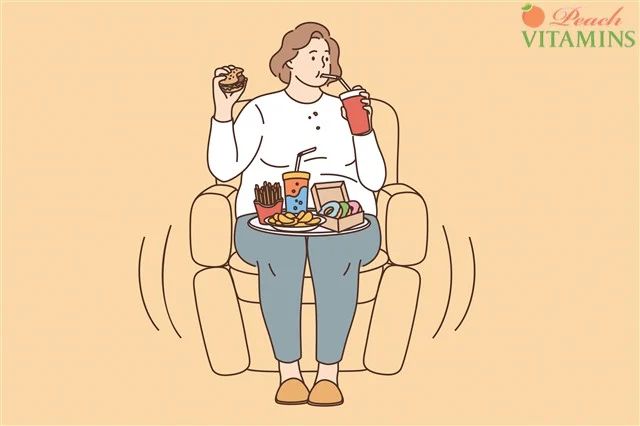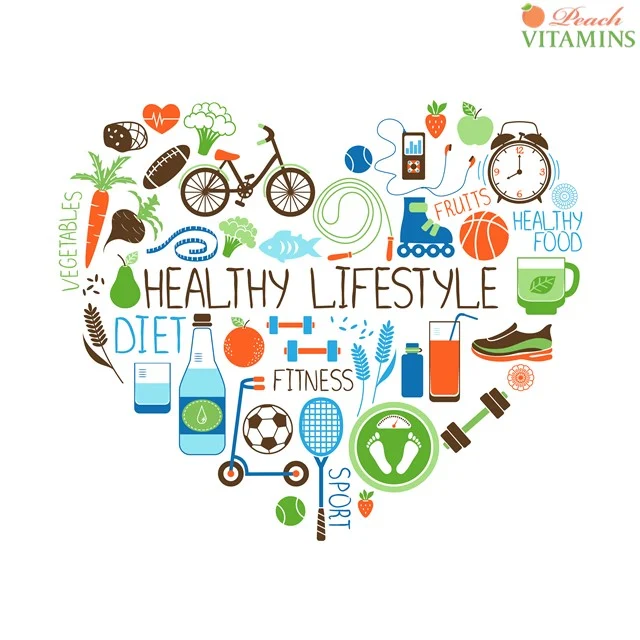The carnivore and fruit diet is one of the most popular diets around, and it involves eating only meat, fish, eggs, dairy, and sometimes vegetables. The idea behind the carnivore diet is to eliminate processed foods and eat more natural food sources like fruits and veggies.
Minimizing carbohydrate intake can help you lose weight by decreasing your appetite for carbs and reducing cravings associated with consuming them. Carbs tend to be highly satisfying and easy to overeat. When you cut back on carbs, you’ll feel less hungry and have fewer energy crashes.
This approach has been used to manage diabetes, but it also works well if you want to lose weight.

Meat and Fruit Diet
The carnivore diet is a popular weight loss plan that involves eating only animal flesh, including organs and bones. This organ meat diet is often recommended for those suffering from health problems such as heart disease, diabetes, arthritis, digestive issues, and others.
While some people eat this way because they believe it helps them lose weight, there are many reasons people may adopt a predatory lifestyle. Some people find it appealing because it allows them to avoid processed foods, artificial ingredients, and additives.
Carnivore dieters feel better when eliminating grains, dairy, and sugars. Still, others claim they can live longer and healthier lives on a carnivorous diet.
Regardless of the reason, the carnivore diet is gaining popularity among people looking to shed pounds. However, there are several things to consider before adopting this diet.
This differs from the keto diet, which restricts carb intake to about 20 grams daily. You can consume up to 50 grams of protein per meal on the carnivore diet.
Ketosis is not necessary for losing weight on the carnivore diet. In fact, according to experts, the best time to start a low-carb diet is after you reach your goal weight.
First, it’s important to understand precisely what the carnivore diet entails. Second, it’s essential to be aware of the risks associated with this type of diet. Finally, it’s crucial to consult a doctor for medical advice before beginning a carnivore diet.
Benefits of Eating Meat
Eating meat is delicious, nutritious, and healthy; it’s also a great weight loss strategy. Carnivores eat meat because it contains nutrients that help them grow strong and stay lean. And since meat is rich in protein, it helps build muscle mass and keep hunger at bay.
The benefits of eating meat include:
- Increased energy
- Improved mood & mental clarity
- Strong immune system
- Lean body shape
- Reduced risk of heart disease
- Lower cholesterol
- Higher metabolism
A meat-based diet is an excellent source of iron, zinc, vitamin B12, and other minerals. Plus, this ancestral diet provides plenty of protein, which helps you build muscles and burn fat.
Good Sources of Iron
Iron is essential for healthy living, and it helps our bodies produce energy, fight infection, build strong muscles, and maintain blood volume. But iron deficiency is common because we’re not eating enough red meat. So, where does iron come from? And what foods contain the most iron?
The answer is simple – iron comes from animal sources. Red meats (beef, pork, lamb) and seafood (shrimp, lobster, crab) are excellent sources of iron. Other foods rich in iron include liver, kidney, eggs, beans, nuts, seeds, whole grains, dark leafy greens, dried fruits, and fortified cereals.
But there’s another reason to eat red meat and seafood – they’re packed with vitamins C and E. Eating these foods may also reduce the risk of heart disease and diabetes.

Best Steak for Carnivore Diet
If you’re looking for the best steak for carnivores, there’s no better place than the butcher shop. Butchers have access to fresh meat and know exactly where each cut comes from. They’ve seen every animal slaughtered and understand the different amounts of ground beef and pork.
Butchers also know how to cook them properly. So when you visit a butcher shop, ask for recommendations for steaks for carnivores. Ask for specific cuts of beef and pork, including rib eyes, strip loins, tenderloin medallions, T-bone, sirloin tip roasts, and top round roasts.
Ask for steaks that are at least 1/2 inch thick. The thicker the steak, the longer it takes to cook. So a thicker steak requires more cooking time, making it perfect for carnivores who prefer to eat slowly.
Also, ask for well-marbled steaks, as marbling adds flavor and texture and makes the meat juicier.
When shopping for steaks for a carnivore diet, remember that the leaner the meat, the faster it cooks. Lean meats take less cooking time, so they’re great for carnivores who want to eat quickly.
Beef Rib Eye Steak
Rib eyes are beef tenderloin steaks cut from the cow’s rib section. They’re typically served medium rare (145°F) because they contain a lot of connective tissue, making them tough and chewy. But when cooked properly, they become incredibly flavorful and juicy.
They’re often sold vacuum-packed at grocery stores, where they’re usually sliced thin and used as appetizers. However, you can quickly cook them yourself at home.
To prepare a rib eye steak, place it between two sheets of plastic wrap and pound it flat with a meat mallet until it’s 1/4 inch thick. Then season it with salt and pepper. Next, heat a cast iron skillet over medium-high heat.
Add some oil to coat the pan—Cook the steak for 2 minutes per side or until browned. Remove the steak from the pan and let it rest for 5 minutes. Slice the steak across the grain into strips and serve.

How to Get Fiber on Carnivore Diet
Fiber is essential to digestion and healthy bowel function. The average American diet contains only 10 grams daily, which means most Americans aren’t getting enough fiber.
Following a carnivorous (meat-only) diet, you must eat at least 30 grams of dietary fiber daily. To help meet this goal, try adding some fruits and vegetables to your diet.
These foods contain soluble and insoluble fibers, which aid digestion and keep your bowels moving smoothly. They also add bulk to your stool, making them easier to pass through your digestive system.
To maximize the benefits of these foods, combine them with meat. For example, toss a handful of raw broccoli florets onto your next burger patty. Or stir a cup of cooked greens into your favorite pasta dish.
When you eat these foods together, you’ll feel fuller longer and experience fewer bouts of constipation.
Electrolytes on Carnivore Diet
If you’re going to eat meat, you must be aware of electrolyte imbalances. Electrolytes help regulate body functions, including sodium, potassium, calcium, magnesium, chloride, phosphate, sulfate, bicarbonate, and carbon dioxide.
When you consume too many calories, your body doesn’t absorb enough nutrients and wastes them instead. This leads to dehydration, which causes muscle cramps and fatigue.
You should drink plenty of fluids to prevent this problem, especially during exercise. But when you’re eating meat, you may not realize that you’re losing essential electrolytes because most meats contain very little sodium.
Increase Metabolism and Create Lean Body Mass
While some people prefer a vegetarian diet because it’s healthier, others find that eating meat helps them shed pounds faster. The reason behind this phenomenon isn’t entirely known, but several theories exist.
One theory suggests that when we eat animal protein, our bodies produce hormones called glucagon-like peptide 1 (GLP1) and ghrelin. These hormones help us feel full after meals.
Many people report losing weight faster on a carnivorous diet regardless of the reasons. But remember that a carnivorous diet doesn’t necessarily mean you should give up carbs entirely. Instead, try cutting back on processed foods and refined sugars.
Blood sugar control is another benefit of a carnivorous diet. When you eat meat, you don’t have to worry about blood sugar spikes and crashes as much as you do when you eat grains and other starches.
This can lead to better energy levels and more stable moods throughout the day. It also makes it easier to lose weight since you won’t crave sugary snacks as often.
Also, remember that not everyone loses weight at the same rate, and some people experience rapid weight loss while others gain weight. This means you must experiment with different diets until you find one that works.

Supplements to Take On Carnivore Diet
If you’re going to eat meat, you’d better be prepared.
That means taking supplements to help support your body during this transition period.
Here are some supplements that may help you stay healthy and robust when eating a carnivorous diet:
- Vitamin B12 – This vitamin helps keep your brain functioning properly.
- Zinc – This mineral supports immune system function and wound healing.
- Magnesium – This mineral helps regulate blood pressure and heart rate.
- Selenium – This trace element helps protect against cancer and cardiovascular disease.
- Lutein & Zeaxanthin – These antioxidants help prevent macular degeneration.
- Omega-3 Fatty Acids – These fats help reduce inflammation and improve mood.
- Probiotics – These bacteria help maintain digestive health.
The Vitamin C requirement is higher than usual due to increased activity levels. You can get more by consuming fruits like oranges, kiwis, strawberries, or broccoli.
What Foods Can You Eat on a Carnivore Diet?
There are many types of meats that you can eat on a carnivore diet. Most common include beef, pork, lamb, goat, chicken, turkey, fish, shellfish, and seafood.
You’ll notice that there are several types of beef listed above. Each cut has its unique flavor and nutritional value. Try to increase the consumption of leaner cuts of meat over time. Leaner cuts contain less fat and more protein.
Beef is an excellent source of iron, zinc, B vitamins, and essential fatty acids, and it’s also a good source of protein, fiber, and calcium.
Having bison with butter is delicious!
Pork is another excellent choice for your carnivore diet food plan. Pork provides many beneficial nutrients and minerals, including iron, zinc, selenium, phosphorus, potassium, magnesium, and niacin.
Lamb is another excellent option for your carnivore diet because it’s low in saturated fats and cholesterol. Lamb is also rich in protein, iron, zinc, copper, manganese, and selenium.
Goats are very similar to sheep, except goats produce milk instead of wool. Goats are known for being delicious and tender, and goat meat is lower in fat and cholesterol than beef and lamb.
Chicken is an excellent source of protein and is relatively inexpensive. Chicken breast is a good choice if you don’t want any skin, and chicken thighs are better if you want to consume the skin.
Many nutritionists consider turkey lean white meat healthy, and turkey is a good source of protein and iron.
Fish is an excellent source of omega-3 fatty acids. Fish is also a good source of proteins, iron, zinc, iodine, and selenium.
Shellfish is an excellent source of zinc, iron, and protein. Shellfish is also a good source of vitamin D.
Seafood is an excellent source of Omega 3 fatty acids, protein, and iron. Seafood is also a good source of calcium, phosphorous, and zinc.
Plant food options on a carnivore diet include vegetables, organic fruits, nuts, seeds, beans, lentils, grains, and legumes.
Vegetables are part of a healthy diet and provide plenty of vitamins and minerals, such as folate, vitamin C, vitamin K, vitamin A, and vitamin B6. They’re also a good source of fiber, which keeps you feeling full longer.
Avoid fruit juices and other sweetened beverages when following a carnivore diet. Sweet foods cause blood glucose spikes, which leads to cravings for more sweets. This cycle will continue until you reach your goal weight.

How to Manage Side Effects of Starting a Carnivore Diet?
Carnivore diets are high protein, low carb diets focusing on meat consumption.
They’re popular among bodybuilders and athletes because they can lead to rapid muscle growth. However, they can cause health issues like constipation, diarrhea, headaches, heartburn, and gas.
These symptoms aren’t dangerous, but they can be uncomfortable. To manage these issues, try drinking plenty of water and eating fiber-rich foods like healthy fructose and vegetables.
Also, keep track of any changes in your bowel movements and report them to your doctor immediately.
Your doctor may recommend taking probiotics to restore healthy gut bacteria. If you experience severe symptoms, consult your physician.
Conclusion
While not for everybody, the carnivore and fruit diet can aid in weight loss. The key to success is finding the right balance between protein, carbs, and fat.
If you find yourself craving more protein, increase your animal product intake.
However, if you crave more carbs, eat less meat and more veggies.
The carnivore diet meal plan should help you lose weight while keeping your energy levels up.
Schedule a free consultation with Ayurvedic practitioner Cosmic Mike to learn about an array of vitamins and achieve optimal body weight.
